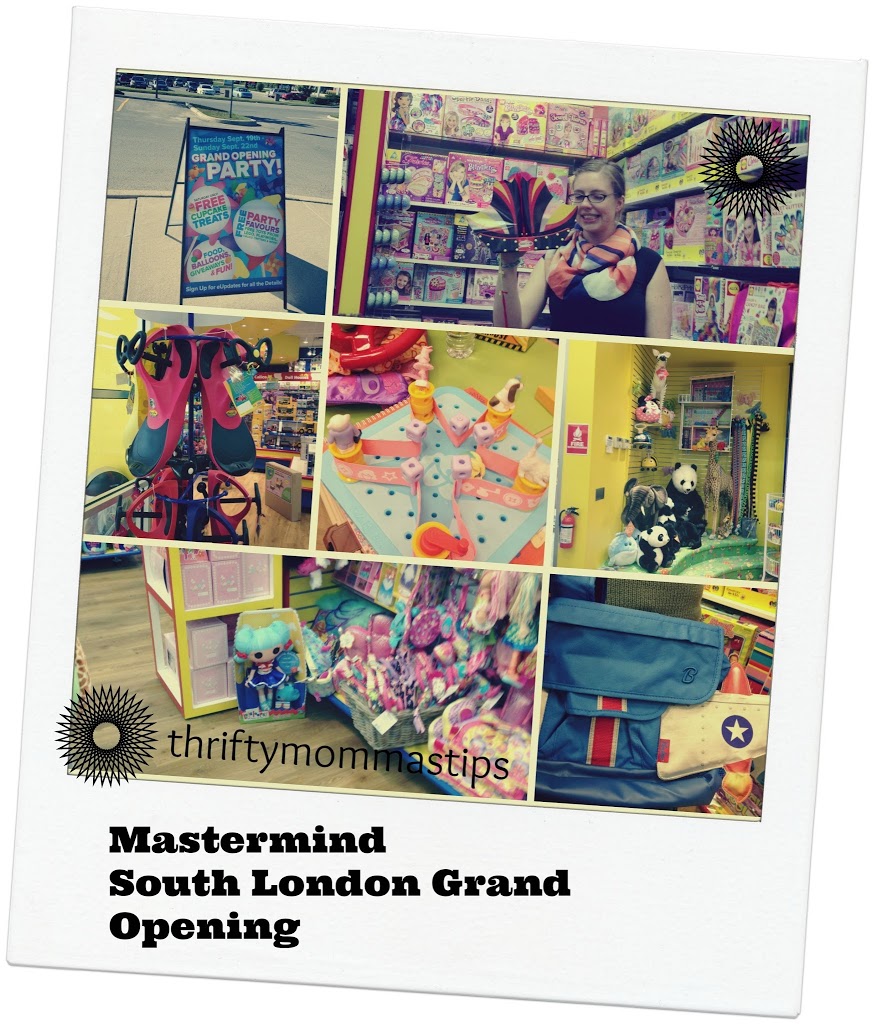
I Am An IVF Soldier: An Infertility Success Story – Interview #abhc4vf #abpoli #ohip4ivf #onpoli
This is an American infertility story. The couple featured are from the US. I interviewed Kathy this summer and wanted to share her story, because it is an infertility success story. Sometimes the themes of struggle and health care battles and difficult journeys to create family transcend borders of province and country. Infertility impacts 1 in 6 people. Infertility patients struggle with this complex health issue regardless of where they live. But some patients, in some areas of the world like Ontario, have an added financial burden of paying for in vitro fertilization which can cost easily $10,000 a cycle.
In Ontario, a patient group has been advocating for funding for in vitro fertilization for well over one year now. I am community manager for Conceivable Dreams. I am also a community manager for a group in Alberta called Generations of Hope and a similar organization in BC, called IVF4BC. They too have been advocating for many years for better awareness of, and support for, infertility issues. That is how I met Kathy on line through the Alberta support and advocacy intitiative. She supports the idea of public funding for IVF.
This is a story that has many highlights and lessons. Kathy’s infertility story speaks to relationships and how to manage the difficult terrain of infertility without alienating your partner. It also speaks to emotional and financial cost of infertility. She addresses the question of how they paid for in vitro fertilization. Thanks to Kathy for allowing me to interview her.
Kathy is author of: My Journey Through Infertility: Battling Infertility, Dynasty Systems, And Old Yankee Healthcare. She writes on line at www.MyJourneyThroughInfertility.com.
1. When did you begin trying to conceive? How old? How did you know there was an issue?
Being in the 35+ age bracket, once my future husband and I committed to each other; started planning our wedding, we also began trying to conceive knowing that time was not our friend.2. Where do you live? We live in Massachusetts, USA
3. What treatments did you try? For the best and quickest likelihood of success, we went directly to IVF as our insurance did not mandate that we must first try (and fail) a specified regimen of Clomid, IUI, or other infertility treatments.
4. What worked and what didn’t? Switching doctors after repeat IVF failures – negative pregnancy test results after what were supposed to be very positive cycle results. We switched doctors after losing faith and trust in the doctor my Primary Care Physician referred us to. That’s why I advocate taking control of your care. Doctors are not Gods. Not all doctors are equal. Educate yourself. Do your own research on doctor and clinic success rates. Get yourself to the right doctor, the best doctor the first go-round because it does make a difference. Don’t waste time, tears and heartbreak with the wrong doctor as we did.
5. What could you have used to help? Support group? Funding? Tax credit? I felt that the Infertility Support Counselor I saw was the only person I could really open up to. The only person for whom I did not have to put on my practiced-to-perfection, everything-is-ok “happy face.”
6. What is your success story? Do you have a child? Today we are blessed with two precious boys who make our hearts smile!7. What advice can you offer for others struggling with infertility right now? I wish we had done our research and changed doctors much sooner. That’s the message I want to impart to anyone struggling with infertility right now. Do your research. Be sure you are with one of the best doctors in your area.
Also, you are not alone. Today there is the internet, and blogs, and infertility survivors who have written books on their journeys through infertility. The twitter community is an incredible place to find support and resources. Years ago, when we did our IVF, I had none of that. I felt isolated, alone, and ashamed. No one understood how I felt. No one I knew had ever walked in my shoes. I am an IVF soldier. A veteran of 9 IVF cycles. That’s why I wrote an eBook “My Journey Through Infertility: Battling Infertility, Dynasty Systems and Old Yankee Healthcare” to let others know that “You Are Not Alone!” and to inspire others that no matter what is thrown in your path, there is a light at the end of the tunnel. Persistence pays off. Persistence and an unwavering determination. Never give up hope. Sometimes hope is all you have. And hope can carry you an awfully long way. Hope can move mountains.
When times were tough I listened to my “IVF Anthems” CD of motivational songs to invigorate me for the next mile of our IVF Marathon. Many times hitting replay again and again for Carrie Underwood’s “Jesus Take the Wheel” and Lee Ann Womack’s “I Hope You Dance” to comfort me and give me the strength to carry on.
8. Where did you get the money to fund Ivf? Proceeds from the sale of a house.9. How could a tax credit have helped? Do you support public funding for this initiative? If so why? Every little bit helps when you’re trying to come up with the astronomical costs of infertility treatment. A full Tax Credit definitely would have helped. We were allowed a partial medical deduction on our US tax return. I support public funding because the ability to have children is what makes us so destinctly female. To be unable to do so is a “disability” as decided by the US Supreme Court. And as such, should be treated like any other disability, with medical assistance made available to those suffering.
10. Did you consider adoption? We did consider adoption. In fact, in switching IVF Doctors, we told the new doctor that this cycle would be our last attempt at IVF. If this cycle was not successful, then we could walk away from IVF and move onto adoption knowing that we had given it our best. We could walk away from IVF and not be haunted by any “what if’s?” ….. We were successful with this doctor. Our research and persistence paid off!!!
11. Can you speak a bit about the impact of infertility in other areas of your life? Like at work? With friends? Etc.
With hearing so many times that “stress was not conducive to getting pregnant or staying pregnant” I resigned my full-time salaried accounting position and entered the low key temporary accounting market. I did not have to face the very real concern of having to “hide” undergoing fertility treatment or my pregnancy plan from my employer.My husband and I were open with family and close friends about our undergoing fertility treatment. But no one I knew had ever walked in my shoes. I felt alone and isolated. While they could sympathize no one could truly understand how I felt. Many tried talking me out of my sad, shattered, depressed feelings. Well-meaning family and friends all meant to help by offering not-so-helpful-to-me advice which only made me feel more alone and isolated and ashamed. I stopped talking about it. I stopped wanting to talk to anyone. I turned inward. I now felt more alone and isolated. I became a robot. My husband and I were both pretending, both trying to be strong for each other, each trying to be the other’s rock.Reading became our escape from reality. Our escape into a world of other possibilities. My husband and I would read the same books so as to keep open a line of communication; giving us something to talk about, something other than our as yet unsuccessful IVF or our finances.That’s why I recommend finding something you can do TOGETHER to carry you through your infertility journey. Reading. A dance class. Anything to keep that all important line of communication open. Without communication even a solid relationship can end up run into the ditch.
Follow Kathy on Twitter to share the conversation there: Twitter: Kathy_Vaughn.
You can also join the Canadian discussion and patient groups advocating for better awareness and public funding at:
BC – http://www.twitter.com/ivf4bc/
Ontario – http://www.twitter.com/ohip4ivf/
and Alberta – http://www.twitter.com/gensofhope/





One Comment
jlbf
Thank you for sharing this incredible story. I dare to say that an infertility success story doesn’t have to include children though… Justine